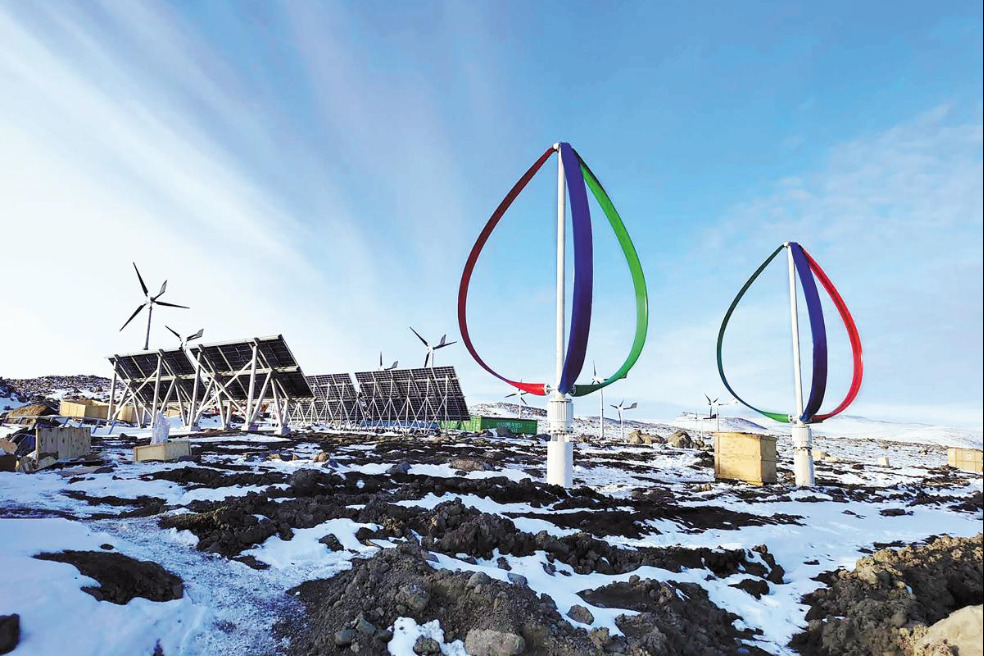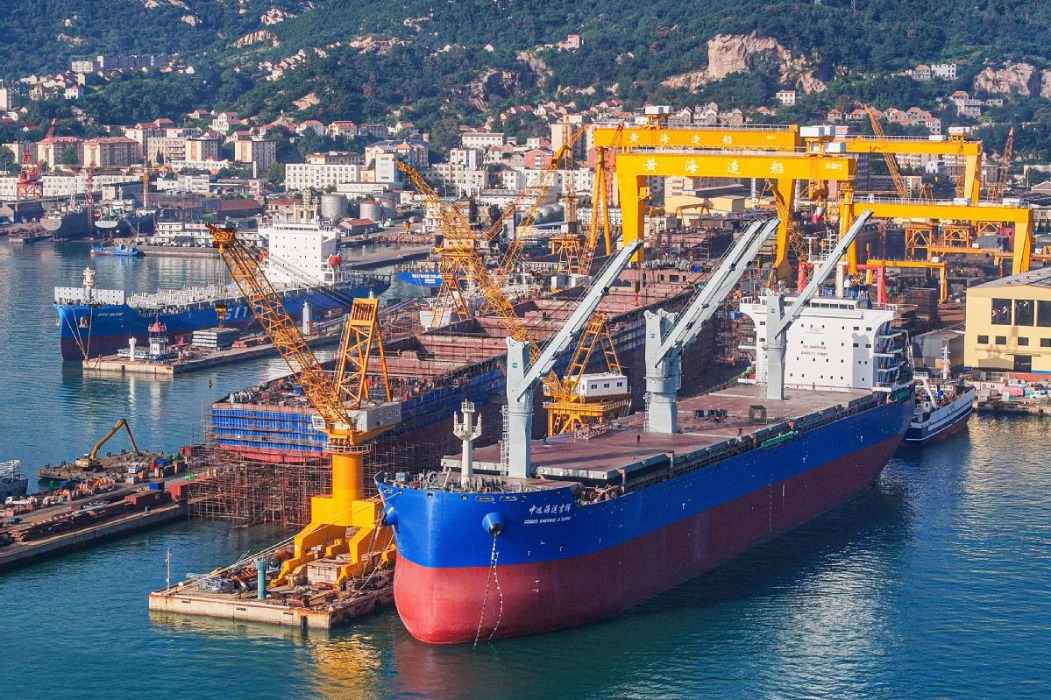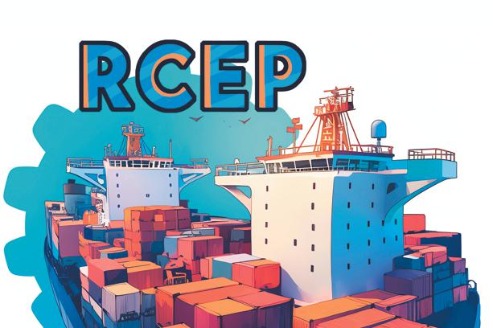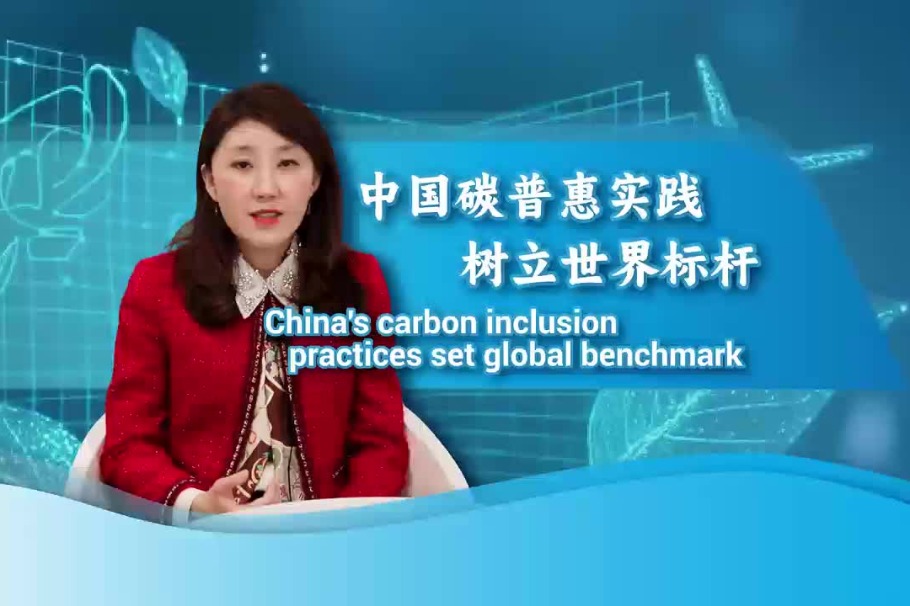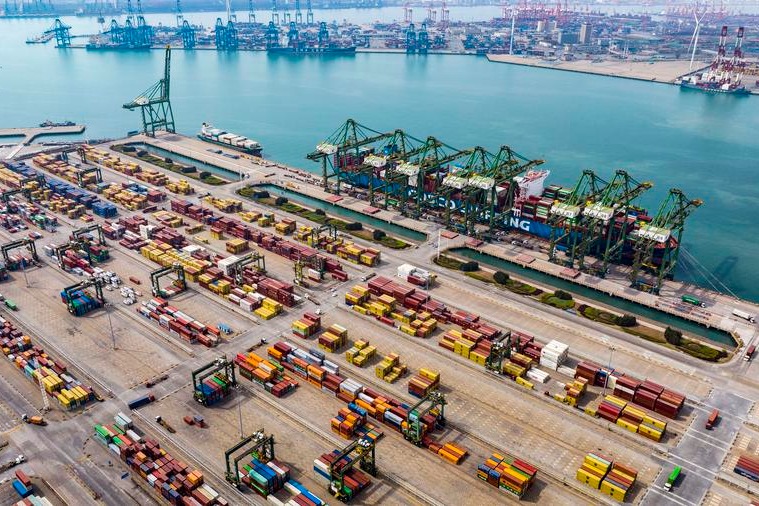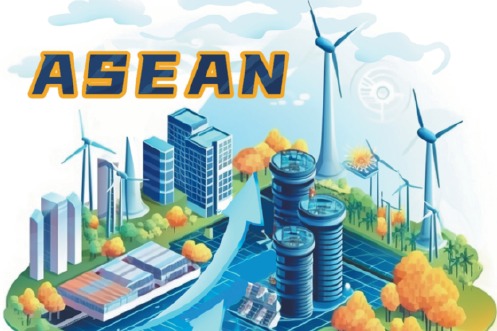Economic stability to remain priority

 |
| An investor checks stock information on his mobile phone in front of an electronic board showing stock information at a brokerage house in Beijing, Feb 16, 2016.[Photo/Agencies] |
In the run up to the 19th National Congress of the Communist Party of China starting on Oct 18, people are wondering what it portends for the economy. The key questions are: What will be the focus of the report that Xi Jinping, CPC Central Committee general secretary, will present to the Party Congress? And what will its actual impact be on the economic policy and thus the economy?
In line with historical practice, the report is likely to be influenced by the documents of the Third Plenum of the 18th CPC Central Committee in November 2013, the 13th Five-Year Plan (2016-20) and recent policy meetings such as the fifth National Financial Work Conference in July.
Thus, the report will likely confirm key long-term objectives, notably a "moderately prosperous society" and a doubling of GDP between 2010 and 2020. In terms of economic policy and reforms, the focus is likely to be on combating corruption, reforming State-owned enterprises and reducing overcapacity, deleveraging, "new urbanization", innovation, moving up the value chain and "Made in China 2025", the Belt and Road Initiative, globalization and the environment.
But what will be the actual impact on economic policy and reform? Some observers say that after the Party Congress, significant changes may be made in balancing growth with reform and deleveraging.
Taking into account the Chinese leadership's priorities and difficulties to push through certain reforms, areas that are likely to see good progress are innovation, "Made in China 2025", moving up the value chain, the Belt and Road Initiative, and reducing pollution and environmental degradation.
More difficult reforms are those related to SOEs, deleveraging, and changes in the inter-governmental fiscal system.
The GDP growth target for 2018 will probably be somewhat lower than this year's, and the leadership may accept growth falling somewhat below 6.5 percent next year. The authorities are also likely to continue focusing on reining in financial risks and reducing leverage in parts of the financial system, notably by tighter regulation and supervision in line with the outcomes of the fifth National Financial Work Conference. But, in accordance with recent trends and policy statements, overall credit growth will be reduced only modestly, which could lead to further increases in leverage, and thus in financial risk.
Reining in credit growth more forcefully, so that leverage peaks in a few years, would probably result in GDP growth of 5 to 5.5 percent. That may meet China's key socioeconomic objectives, while reducing misallocation of capital and financial risks and putting growth on a more sustainable footing. But it seems unlikely that the leadership will agree to that.
Reform of SOEs, on the other hand, may gather some pace, notably through changes in shareholding structures, and mergers and acquisitions, as well as measures to improve operational efficiency.
Moreover, intensified measures to reduce pollution will also accelerate cuts to capacity and production in heavy industry, where many problem enterprises are State-owned. Indeed, in large part due to the heightened awareness among the public, environmental protection has become a priority for the government even at the cost of some economic benefits.
However, progress toward higher efficiency and profitability of SOEs will remain constrained by a lack of consensus on how fast to close non-viable companies and objectives.
There will be further progress on "new urbanization", which would enable migrant workers to live like normal urban residents.
For that, the migrant workers would require urban hukou (household registrations) and access to public services. Reforms in the intergovernmental fiscal system are needed to enable local governments to provide those public services to migrants. While some progress on this front is taking place, much more needs to be done.
In summary, after the 19th Party Congress, economic policy will likely continue focusing on stability rather than accelerated change and reform.
The author is head of Asia Economics, Oxford Economics.




















